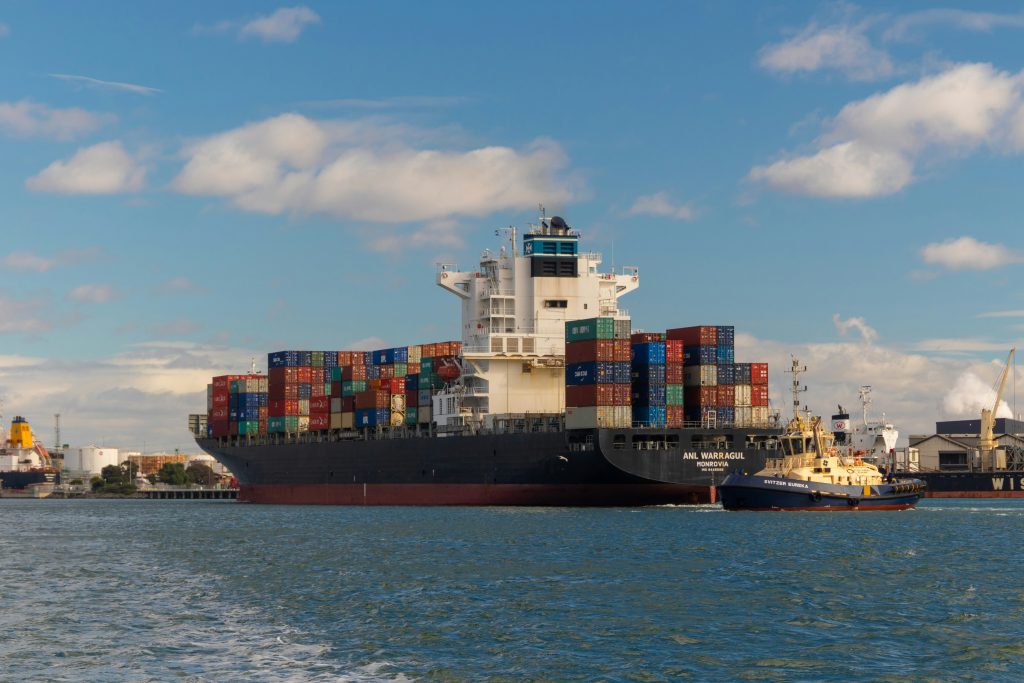Merchant ships misuse the Automatic Identification System (AIS) in an effort to avoid being targeted by the Houthi movement, says Gabriel Moises Fuentes, Assistant Professor in Shipping Economics and Analytics at NHH Norwegian School of Economics.
Fuentes, a former Merchant Marine Officer, says some vessels are modifying their AIS data to indicate they have no connection to Israel, in an attempt to navigate the Red Sea and surrounding region in safety.
This tactic is similar to what ships have historically done to deter pirates in the region, and bears some justification, in his view.
“Although the region of the Gulf of Aden and Bab-el Mandeb strait has historically been a hotspot for piracy, the current risks stem from different players than traditional and present a new risk profile. In the past, vessels were primarily targeted for ransom, but now they also face the threat of being hit by ballistic missiles,” he says.
So far, three Norwegian-owned ships have been attacked by Houthis, in addition to several other cargo vessels.
Increased risks in the region leave shipping companies two options: taking the longer route around the Cape of Good Hope, which would consume more fuel, or facing increased insurance costs associated with still attempting to pass through the Suez Canal.
Both scenarios present additional costs for shipping companies which will be passed on to consumers, and prolonged disruptions could have political repercussions, for instance by contributing to inflationary pressure that may influence election outcomes, says Fuentes.
Featured Photo by John Simmons on Unsplash.



